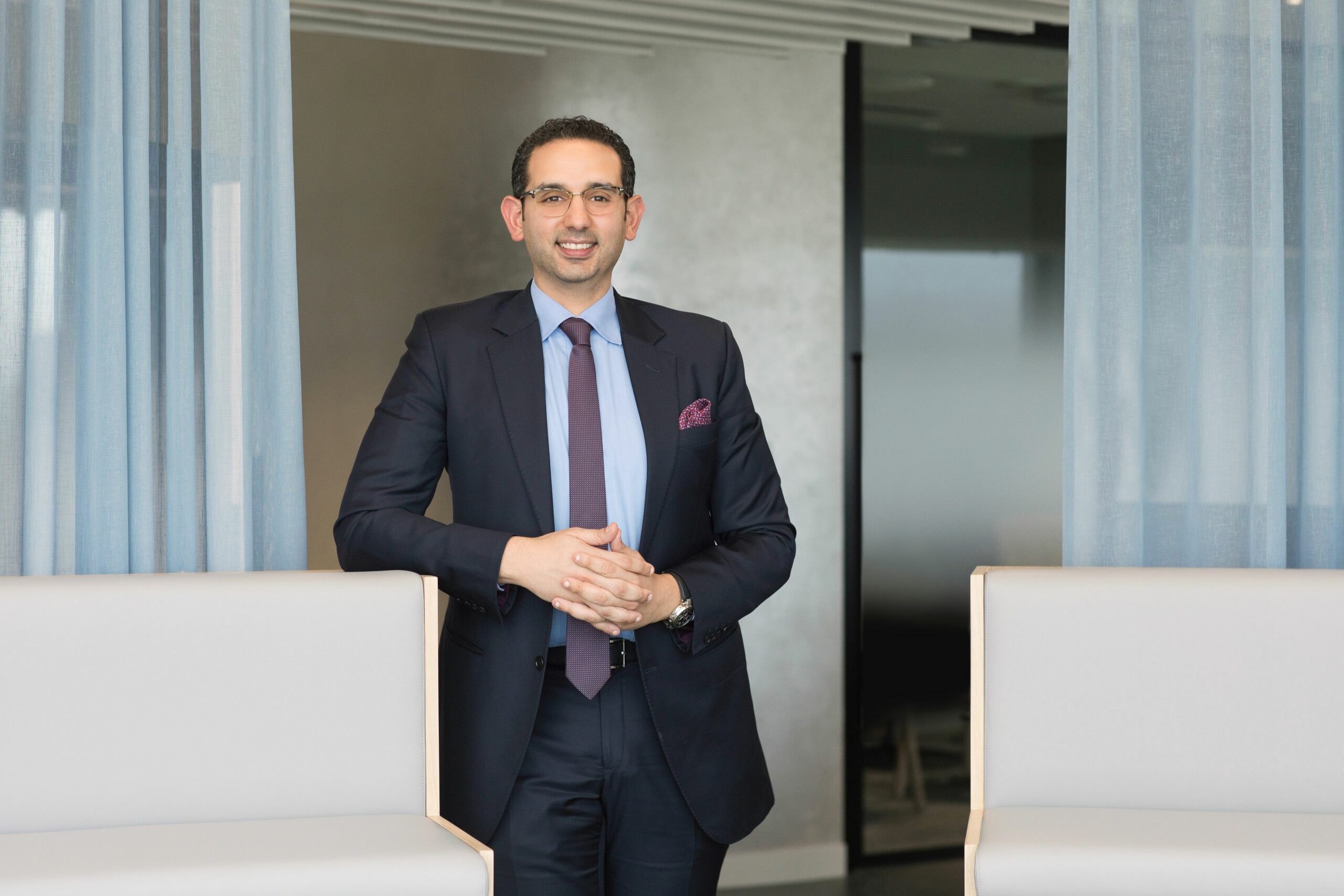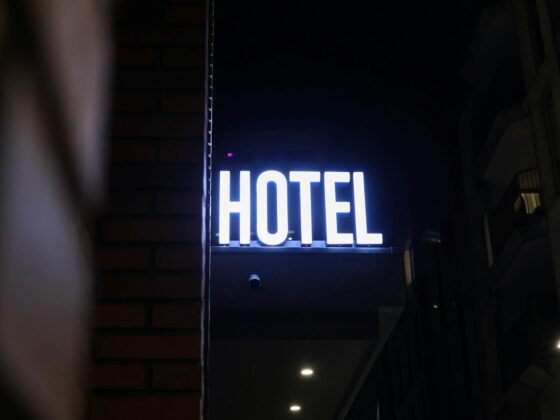
In the lead up to the Future Hospitality Summit – FHS World 2025, taking place at Madinat Jumeirah in Dubai from 27-29 October, Amr El Nady provides insights for international investors looking to enter the UAE’s hospitality sector, including the regulatory framework, market performance and lending and debt liquidity landscape.
International investors venturing into the UAE’s hospitality sector for the first time must navigate a sophisticated yet rewarding market that has emerged as one of the world’s premier hotel investment destinations. The legal framework governing foreign investment in UAE hospitality has undergone significant liberalization in 2019, particularly following the introduction of 100% foreign ownership laws in most Emirates, eliminating the previous requirement for local partnerships in many sectors. However, investors must still carefully examine specific regulations, as hospitality investments may require compliance with tourism authority licensing, environmental regulations, and sector-specific guidelines that vary between the seven Emirates. The UAE’s robust legal infrastructure, based on civil law principles with common law influences, provides strong property rights protection, though international investors should engage experienced local legal counsel to navigate the intricacies of land ownership structures, particularly the distinction between freehold and leasehold arrangements, and understand the implications of investing in designated investment areas (“free zones”) versus other locations.
Regulatory Framework
Investment transparency in the UAE hospitality sector has improved dramatically over the past decade, with Dubai and Abu Dhabi implementing comprehensive regulatory frameworks that align with international best practices. The Dubai Financial Services Authority (DFSA) and the Securities and Commodities Authority (SCA) provide clear guidelines for institutional investments, while the Real Estate Regulatory Agency (RERA) ensures transparency in property transactions. International investors benefit from standardized reporting requirements, accessible market data, and established due diligence processes that facilitate informed decision-making. The government’s commitment to transparency is further evidenced by initiatives such as the UAE’s participation in international anti-money laundering frameworks and the implementation of beneficial ownership registries, which provide additional comfort to institutional investors regarding compliance and governance standards.
Debt Market
The lending and debt liquidity landscape in the UAE presents attractive opportunities for international hotel investors, with both local and international financial institutions offering competitive financing solutions. Major UAE banks, including Emirates NBD, First Abu Dhabi Bank, and ADCB, have developed sophisticated hospitality lending practices, while international lenders such as HSBC, Standard Chartered, and Mashreq provide cross-border financing expertise. Debt liquidity has remained robust, with loan-to-value ratios typically ranging from 60-75% for stabilized assets, and construction financing available for development projects. The UAE Central Bank’s regulatory framework ensures banking stability, while the presence of Islamic financing options provides additional flexibility for investors seeking Sharia-compliant structures. Interest rates remain competitive by regional standards, and the UAE dirham’s peg to the US dollar provides currency stability that appeals to international investors.
Hotel Performance
Dubai’s recognition as one of the ten most liquid hotel markets globally from a mergers and acquisitions perspective represents a paradigm shift that significantly de-risks investment entry and exit strategies. This liquidity stems from the market’s maturation, standardized investment processes, and the presence of sophisticated international capital, including sovereign wealth funds, private equity firms, and institutional investors. The transaction volume and velocity in Dubai’s hotel market now rivals established markets such as London, New York, and Singapore, providing investors with confidence in their ability to execute exit strategies efficiently. This liquidity premium is supported by transparent pricing mechanisms, standardized due diligence processes, and the presence of experienced international advisory firms that facilitate cross-border transactions.
The abundance of global hotel operators seeking expanded footprint in the UAE creates a compelling investment proposition through multiple avenues. Major international brands including Marriott, Hilton, IHG, AccorHotels, and Hyatt are actively pursuing management contracts, franchise agreements, and strategic partnerships to capture the region’s growth potential. This operator interest extends beyond traditional luxury segments to include lifestyle, extended stay, and mid-scale concepts, providing investors with always more diverse monetization strategies. The competitive operator landscape ensures favorable management terms, innovation in service delivery, and access to global distribution systems that drive occupancy and revenue optimization.
Conclusion
Over the last decade, the UAE has transformed into more than just a hospitality hub: it is now a global stage where capital, performance, and ambition converge. Investors entering this market aren’t simply buying into hotels; they are stepping into a dynamic ecosystem fueled by transparency, liquidity, and innovation. With world-class operators competing to plant their flags, opportunities now stretch from luxury icons to lifestyle pioneers. For those ready to look beyond the skyline, the UAE hospitality sector promises not just returns, but a front-row seat to the future of global travel and investment.
Anne Bleeker
In2 Consulting
+971 56 603 0886
The Bench






